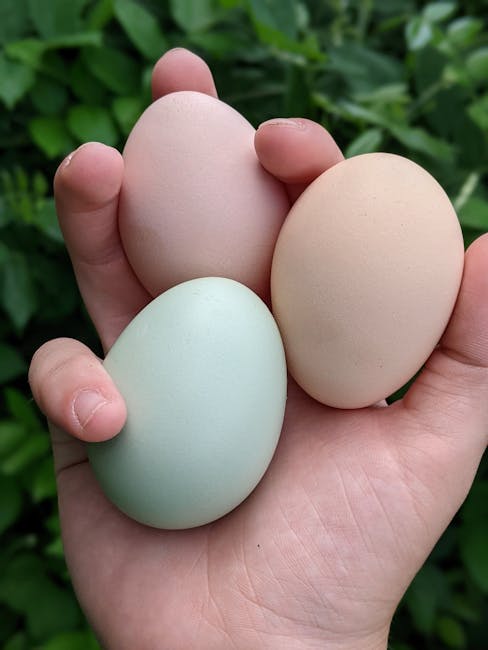Decoding Dr. Seuss: The Enduring Power of ‘I Do Not Like’
For generations, children (and adults!) have been captivated by the whimsical world of Dr. Seuss. His rhythmic rhymes and nonsensical stories have become ingrained in our cultural consciousness, but few phrases have achieved the same level of iconic status as the first three words of Green Eggs and Ham: “I do not like.”
These seemingly simple words, repeated throughout the book with unwavering determination, are far more complex and impactful than they initially appear. They represent a powerful statement of personal preference, a defiance of societal expectations, and a surprising exploration of persuasion and persistence.
More Than Just a Dislike: Unpacking the Meaning
The phrase “I do not like” isn’t simply a declaration of culinary aversion. It’s a foundation upon which the entire narrative of Green Eggs and Ham is built. Sam-I-Am’s relentless pursuit of convincing the unnamed narrator to try the controversial dish serves as a powerful metaphor for various aspects of life:
- The Importance of Open-mindedness: The narrator’s initial refusal reflects a closed-mindedness that prevents them from experiencing something new. Sam-I-Am’s persistent attempts challenge this rigidity, highlighting the benefits of trying things outside one’s comfort zone.
- The Power of Persuasion: The book is a masterclass in persuasion. Sam-I-Am employs various tactics – changing the location, the time of day, even the method of presentation – to overcome the narrator’s resistance. This demonstrates the power of persistence and creative approaches in influencing others.
- The Celebration of Individuality: Despite Sam-I-Am’s tireless efforts, the story ultimately respects the narrator’s right to their own preferences. The final acceptance of the green eggs and ham isn’t forced; it’s a personal choice driven by curiosity and openness.
- Overcoming Fear and Prejudice: The narrator’s initial dislike could be interpreted as a metaphor for fear of the unknown or prejudice against something unfamiliar. By overcoming this initial aversion, the story subtly suggests the importance of challenging preconceived notions and embracing diversity.
The Linguistic Genius of Repetition
Dr. Seuss’s masterful use of repetition is a key component in the book’s success. The constant reiteration of “I do not like” reinforces the narrator’s initial stance, emphasizing its importance and building tension. This repetition, combined with the simple yet effective rhyming scheme, makes the story incredibly engaging and memorable, especially for young children.
The repetition isn’t monotonous, however. The context surrounding the phrase constantly shifts, highlighting the narrator’s changing perspective and Sam-I-Am’s relentless pursuit. The evolving scenarios keep the reader engaged, making the seemingly repetitive phrase surprisingly dynamic.

The Cultural Impact of ‘I Do Not Like’
The impact of “I do not like” extends far beyond the pages of Green Eggs and Ham. The phrase has become a part of everyday language, used to express dislike, to playfully resist pressure, and to highlight personal preferences. Its simplicity and memorability have cemented its place in popular culture.
Its use in memes, social media posts, and everyday conversation demonstrates its enduring relevance and its ability to resonate with audiences across generations. It serves as a reminder of the power of simple language to convey complex emotions and ideas.
Beyond the Words: The Book’s Broader Themes
While “I do not like” acts as a powerful anchor for the narrative, Green Eggs and Ham explores much broader themes beyond simple preference. The book subtly touches upon topics such as:

- Friendship and Persistence: Sam-I-Am’s unwavering commitment to sharing his green eggs and ham highlights the importance of friendship and the value of persistence, even in the face of initial resistance.
- Embracing the Unexpected: The story encourages readers to be open to new experiences and to embrace the unexpected, even if it initially seems unappealing.
- The Power of Curiosity: The narrator’s eventual acceptance of the green eggs and ham demonstrates the power of curiosity and the potential rewards of overcoming initial apprehension.
Conclusion: A Legacy of Three Words
The first three words of Green Eggs and Ham, “I do not like,” are more than just a simple statement of dislike. They are a powerful and enduring phrase that encapsulates a multitude of themes, from the importance of open-mindedness to the power of persuasion. Dr. Seuss’s genius lies not only in his playful rhymes but also in his ability to convey complex ideas through seemingly simple language, creating a timeless classic that continues to resonate with readers of all ages.
The lasting impact of these three words is a testament to the power of concise and memorable language, and a reminder that even the simplest phrase can carry immense weight and meaning.


